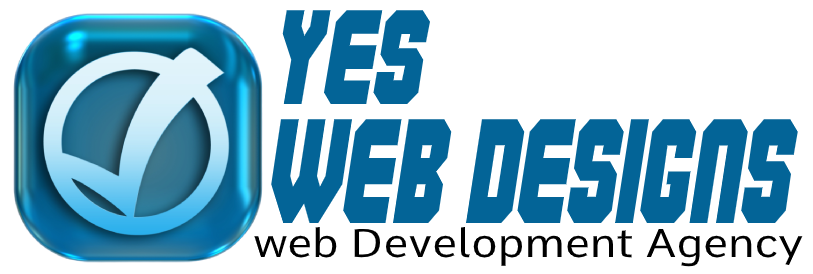Ashley Kolodziej — May 2021
Dear HTML & CSS
I see you.
In the back there, behind JavaScript and React and PHP and all those “real” programming languages, I see you. And I appreciate you.
I’ve seen the YouTube videos. You’ve been condensed down to a sixty-second blip on the path to bigger and better things, a one-trick div pony at the back of the race. You’re a support character. Everyone knows HTML these days. Even if that’s not the case, it’s not hard to learn, they say.
I know it’s not true.
You are the foundation of the Internet. You are the bridge between humans and information. When we say HTML isn’t an expertise in and of itself, when we take you for granted, we leave behind the people and systems who access that information using web crawlers and accessibility technology.
They say you’re not a real programming language like the others, that you’re just markup, and technically speaking, I suppose that’s right. Technically speaking, JavaScript and PHP are scripting languages. I remember when it wasn’t cool to know JavaScript, when it wasn’t a “real” language too. Sometimes, I feel like these distinctions are meaningless, like we built a vocabulary to hold you (and by extension, ourselves as developers) back. You, as a markup language, have your own unique value and strengths. Knowing how to work with you best is a true expertise, one that is too often overlooked.
Markup requires systematic thinking. What structure is the best match for this content? How can we make this content easier to discover and parse in the right order? What tags do we need to ensure a screen reader will parse your information correctly? I want you to know I know how important you are, and I still ask these questions.
I think of you every time I test a website in VoiceOver and discover it is completely unusable, with my keyboard’s focus jumping away to places I can’t actually interact with and no clear sectioning and headings to help navigate.
And to my longtime friend, CSS. I want you to know I understand you are so much more than just a pretty face. Sure, your main job is to, well, style markup. But why should that be any less celebrated than the other languages? You are the visual translation of information. What good is all the information in the world if we can’t easily understand it? You hold the keys to hierarchy and contrast and layout, the keys to visual communication.
Your language is an art. I recognize your importance, the balance of performance in rendering and specificity and predicting when and where other systems or designers might want to override something. Sure, you style, and you style well. But what the world forgets sometimes is you are, at heart, a planner: the cascading part of Cascading Style Sheets. Oh, to be JavaScript where you can do whatever you want, whenever you want, and change markup and styles on the fly. Don’t they know inline styles are some of the most specific styles around?
I know, and I respect that. There is a time and place for specificity, and I cherish your ability to manage that. I love your system of overrides, of thinking ahead to what should and shouldn’t be modifiable by another developer easily. I find the appreciation of specificity and !important and contrast and all the beautiful little things you do well increasingly lost in the pursuit of the newest and shiniest frameworks.
But I am still here for you, HTML and CSS. And I will continue to show everyone I can how much you both have to offer. Because without that foundational care and expertise, we wouldn’t be able to communicate this information at all. You are the languages at the core of equitable information distribution, and I want you to know that even if you aren’t in the spotlight right now, I remember that.
Even if it sometimes feels I’m the only person out there who still does.
The post A Love Letter to HTML & CSS appeared first on CSS-Tricks.
You can support CSS-Tricks by being an MVP Supporter.
